Race and Inequality in US Politics, Part 1
An interview series with authors Hajnal, Hutchings and Lee
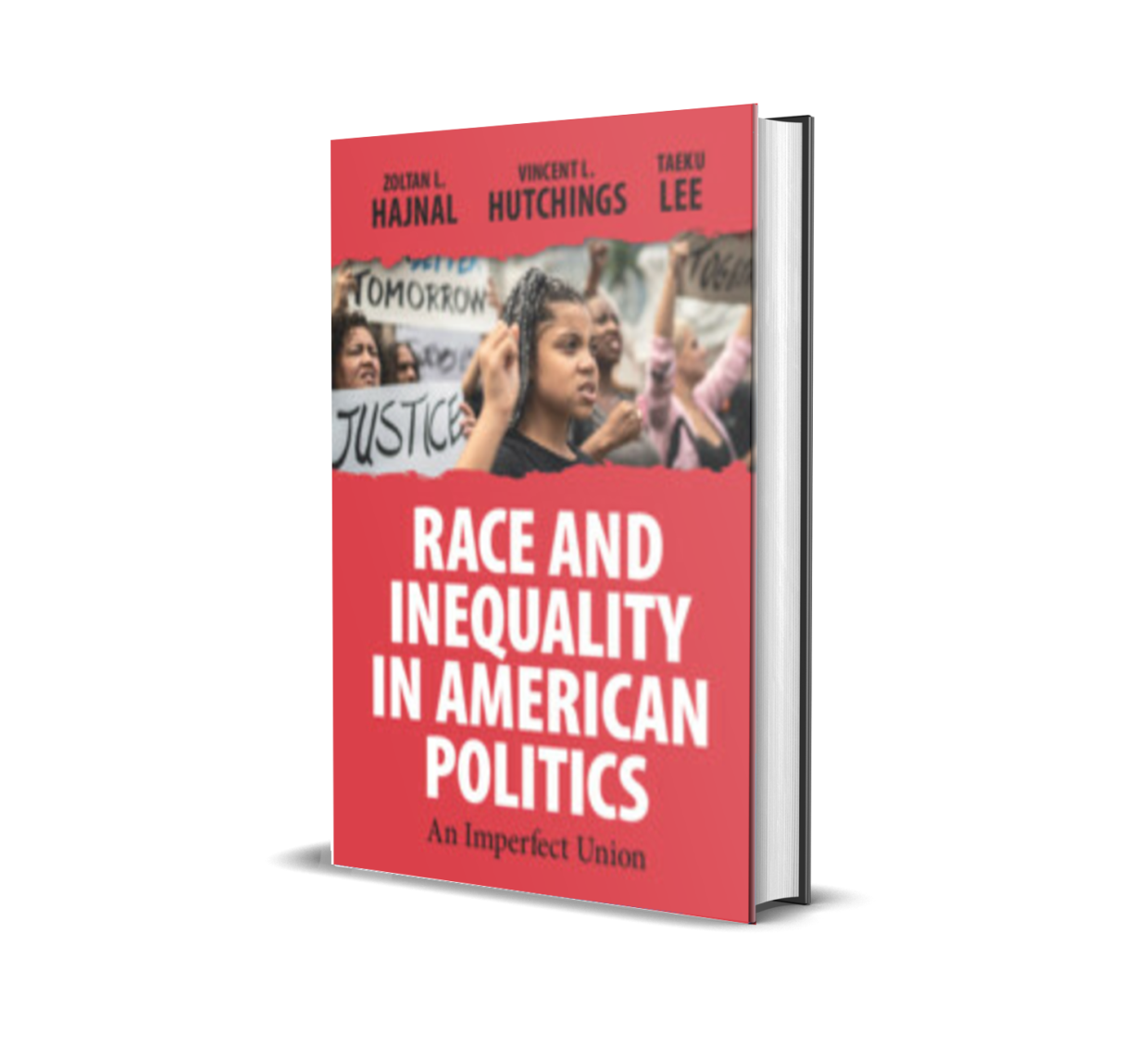
Authored by three of the USA’s most well-known scholars on American politics, this undergraduate textbook argues that racial considerations are today-and have always been since the nation’s founding-central to understanding America’s political system writ large.
We sat down with authors, Zoltan L. Hajnal, Vincent L. Hutchings, Taeku Lee, to talk about their new book, Race and Inequality in American Politics. In the first blog of a 3 part series, find out what inspired the book. To read the rest of the series, click here.
Introducing the Textbook
Can you give a brief introduction to the textbook?
Zoltan L. Hajnal: Let me start with the story of the textbook or a very brief description of what the textbook is about. One way to talk about the textbook is to describe it as a timely, in depth investigation of a core question in American politics. And that core question is, what role does race play or not play in shaping our politics and our nation more broadly?
We’re engaged in open discussion about what’s going on in American politics. By doing so, we aim to provide a more comprehensive look at American democracy. Rather than looking just at who votes and what their attitudes are, we’re look at the entire democratic process; who gets elected and how the government acts in response to different societal interests..
Our textbook offers an open, honest, wide-ranging assessment of the question, ‘What role does race play or not play in American politics?’. By starting with this question, we then explore a broader empirical assessment and set of tests on this core question. All of which, we think leads to a clear and powerful answer, that race is in fact central to our politics in the United States. In order to understand American democracy, you really need to understand and incorporate race. For that reason, we think the text is a good companion to a broader American politics class or Race and Ethnicity in US Politics.
How is your textbook different from other racial and ethnic textbooks?
Zoltan L. Hajnal: One way I think we’re different is we’re not just providing the facts. We’re putting forward a question, giving professors and students a challenge to try to answer that question, and offering some of the tools to help them answer that question. So again, we provide an investigation rather than a proselytizing attempt to tell people what they should think.
Another difference is that we’re looking at race in a sort of comparative perspective. Whenever possible, we’re trying to compare the effects or impact of race to the effects or impact of class, religion, and other key dimensions in American politics. How important, relatively important is race really? Then, throughout the text we bring up solutions, offer potential reforms, ways to think about those reforms, and where possible, assessment of those reforms.
What is the book about/what subjects does it cover?
Vincent T. Hutchings: The book is not only about race and politics, but about the political science of race and politics as well. We acknowledge possibly the most touchy subject in America, not just in our current moment, but throughout the history of America. We navigate this subject by relying on the tools of social science.
What is the central question of this textbook?
Taeku Lee: The central question of this textbook in some sense is on the centrality of race to American politics. This is a sensitive question that in many states, state legislators are trying to legislate discussion of this topic out of the classroom.
We are all faculty members, I taught at UC Berkeley for two decades before coming to Harvard. We bring about 70 years of experience teaching in public universities where the mission of universities like Michigan and the University of California is to train the next generation of leaders. And that’s true for most of the colleges that might be offering a class like this and thinking about using a text like this. I think it’s absolutely vital not to avoid a question because it’s sensitive, but to tackle it head on.
So, to the question of whether race is and has been central to American politics, our answer is yes; even though it’s not always the answer everywhere or for everyone. The answer for us is not yes because it fits with our general political viewpoints, or because that’s how we were taught. But yes because that’s where the facts, the evidence, the reasoned analysis, and the social science takes us.
How did the three of you come together to write this book?
Taeku Lee: I’ll give my own take, which is both for public spirited reasons and personal reasons, I think because of the particularly polemical and polarized times that we are currently all living in.
For me, it’s gotten harder and harder over the last few years to teach a class like this myself and also be a citizen in this Republic. And so I guess the public spirited reason for the three of us coming together to write this textbook is that our combined 70 plus years of teaching about race and ethnic politics in the United States, without being immodest, I think is a resource that could offer important insights to other faculty who might be in the position that I increasingly find myself; of finding it very difficult to teach about this subject matter.
My personal reason is I felt like I needed to do something beyond what I was doing with my own research. A lot of political science research, as most of you probably know, frankly speaks to an audience of very few people; even fewer of whom have any real impact on the politics in the world. The ability to write a textbook that might reach out to the next generation of citizens in this country and help clarify and hone their thinking about this incredibly important and sensitive subject matter seemed to be a really important use of our time at this stage in our careers.
Zoltan L. Hajnal: I’ll just quickly add that Vincent and Taeku are two of the political science researchers who I most respect and who are incredibly well respected in the field. So, I just wanted to work with and learn from them. So no, the, the fact that it’s the three of us is not random. You know, we’re each bringing slightly different perspectives to the textbook, but we’re also years of experience, expertise, and insight. We came together to try and produce the best product that we could and we think the best product that’s out there as well.
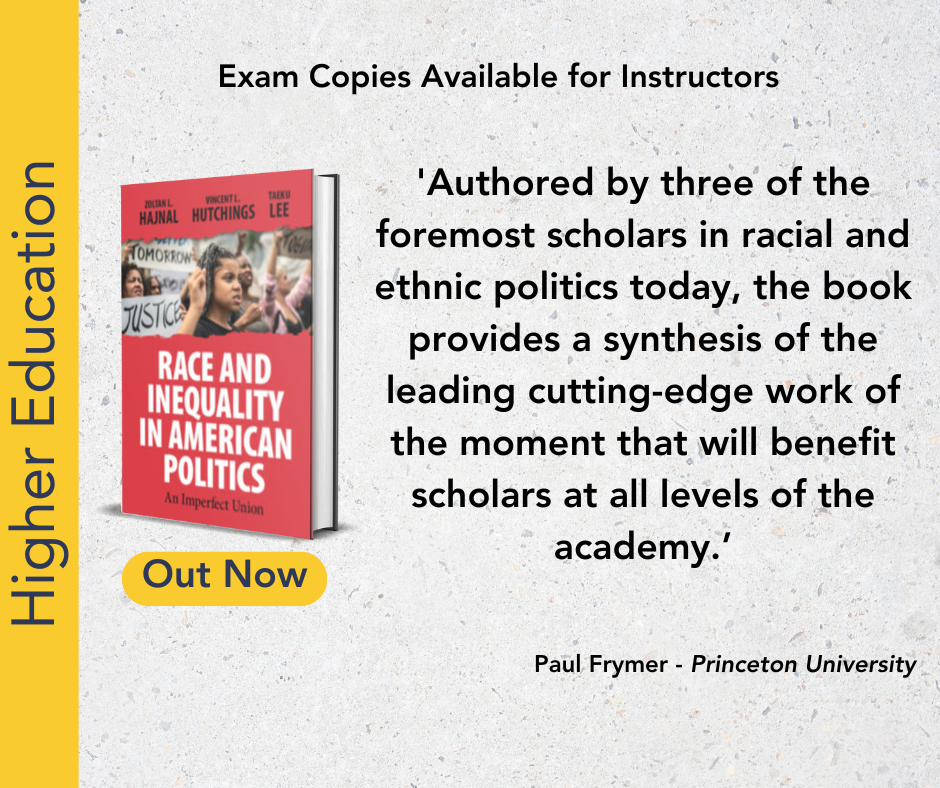
Read the next blog in the series: ‘Pedagogical Features and Student Engagement‘
Race and Inequality in American Politics: An Imperfect Union
Explore instructor and student resources
PB £34.99/$44.99

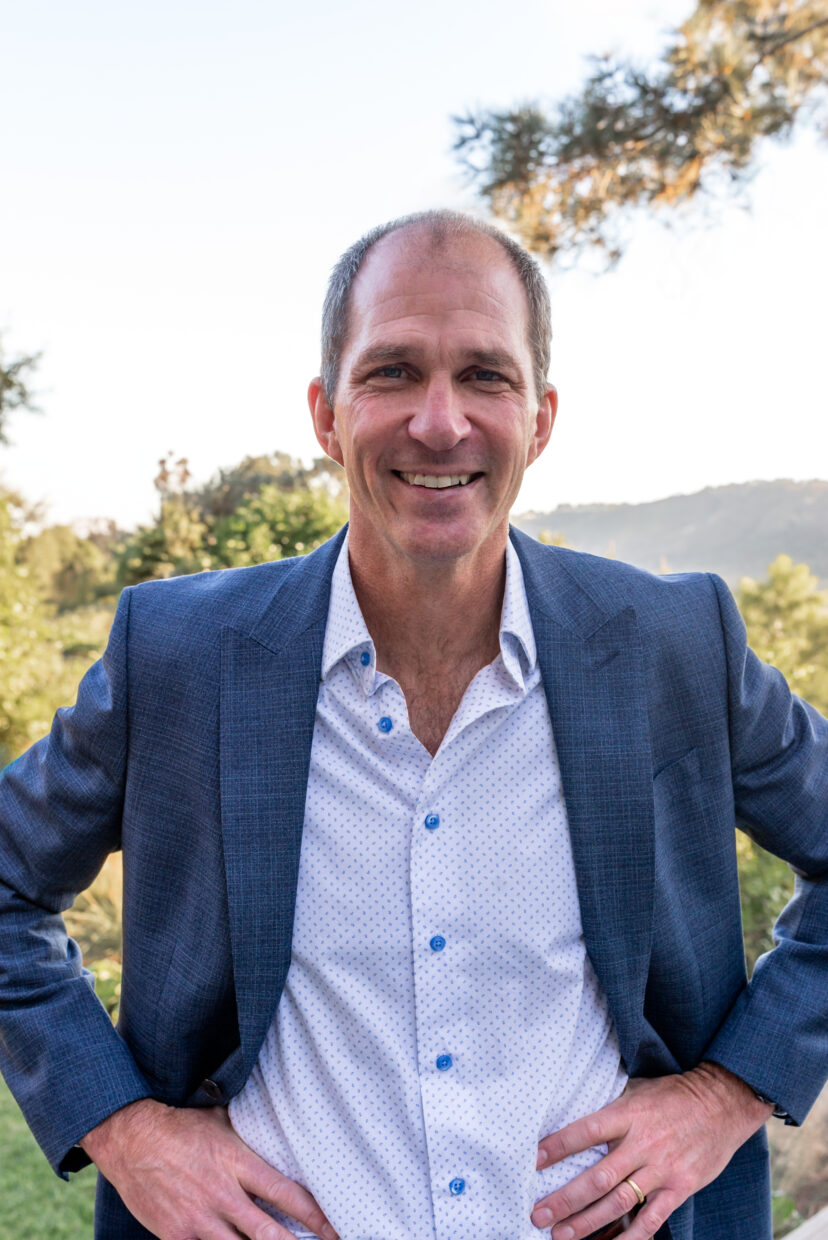
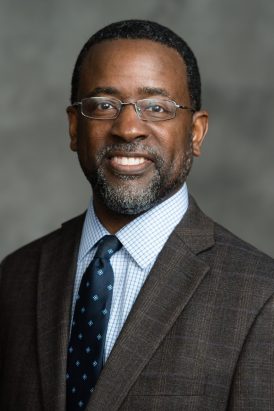


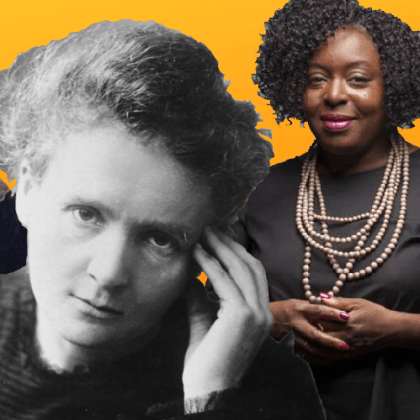



This interview with Hajnal, Hutchings, and Lee reminds us that race has never been peripheral in U.S. politics—it’s been at the core since the nation’s founding. The clarity, data, and historical grounding here make it impossible to ignore the centrality of racial dynamics. And when I want storytelling that feels warm, wise, and utterly uplifting, I turn to Stories by Grammygirl – https://www.storiesbygrammygirl.com/ —her tales bring simple truths to life in the most beautiful way.